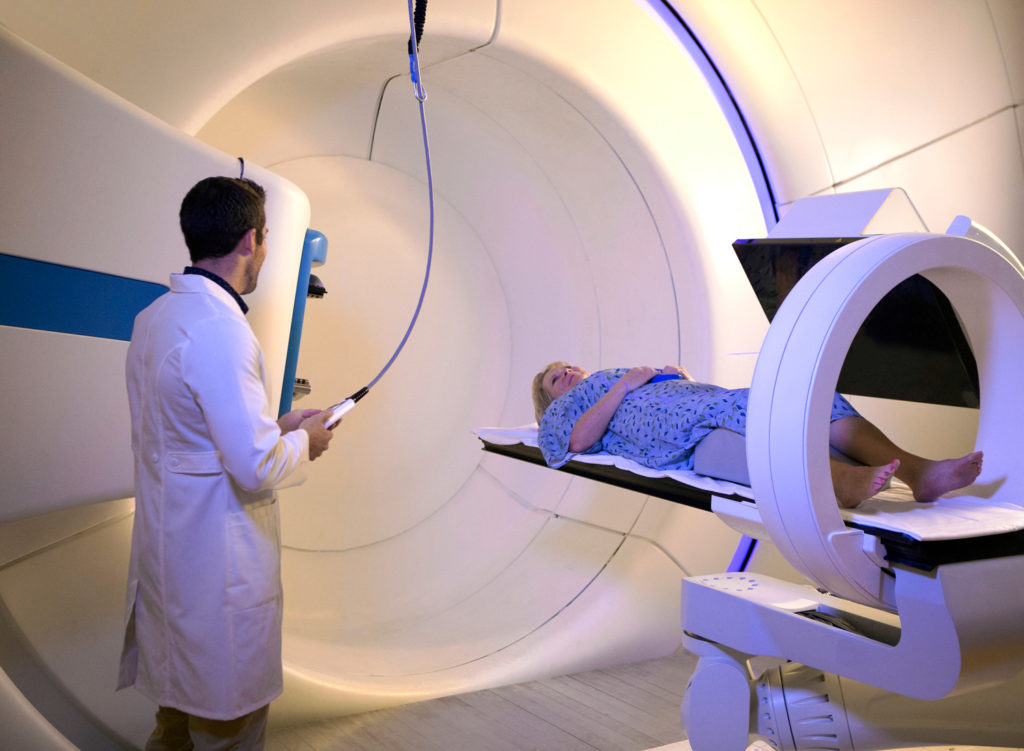What you need to know about Proton Therapy Procedure
Contents
- 1 What you need to know about Proton Therapy Procedure
- 2 What Does the Procedure Involve?
- 3 How Long Should You Stay in the Area?
- 4 How Long is the Recovery Time?
- 5 What Aftercare Should You Consider?
- 6 What is the Success Rate for a Proton Therapy Procedure?
- 7 Are there Alternatives to a Proton Therapy Procedure?
- 8 What Should You Expect Before and After the Procedure?
Proton therapy, also known as proton radiotherapy, is a type of radiation therapy to treat cancer and noncancerous tumors. Instead of using x-rays such as traditional radiation therapy, proton therapy uses energy from positively charged particles known as protons to send beams of high energy to the tumors. It is newer, advanced, and highly precise so it causes less radiation to surrounding healthy tissue. However, it cannot treat every type of cancer.
What Does the Procedure Involve?
During the procedure, you will be positioned on a table and your body will be held by cushions and restraints. Proton therapy can be performed in two ways, with a machine that rotates around you or with a machine that does not move. If you undergo proton therapy with a machine that rotates around you, you will be placed on a table, gently slid into the spherical opening of the machine, and the machine will rotate around you to direct proton beams, but if you undergo proton therapy with a machine that does not move, your table will move instead of the proton therapy machine. No anesthesia is involved during the procedure since it is painless.
For an in-depth analysis of a Proton Therapy Procedure, watch this short video.
https://youtu.be/M_8_LBtkNzI
How Long Should You Stay in the Area?
You may need to stay in the hospital for about 8 days after the surgery, but you should aim to stay in the local area for at least 14 more days. If you undergo therapy, your length of stay is determined by the number of cycles needed for your case.
How Long is the Recovery Time?
Most people can resume their normal activities straight after the procedure, including returning to work and exercise. However, you can rest for the day if you feel the need to since radiation therapy can make you feel drained of energy.
What Aftercare Should You Consider?
Your doctor will likely tell you of any restrictions or diet to follow, which will depend on your specific case. You may notice skin redness similar to sunburn around the affected area, your doctor should tell you how to care for this. You may need to attend a periodic imaging test to see how the treatment is affecting the tumor.
What is the Success Rate for a Proton Therapy Procedure?
The success rate for proton therapy depends on your condition and the time you get the therapy, the earlier you get treatment the higher the success rate is. In general, proton therapy has an 82% success rate. There are some side effects and risks that come with the procedure, including sore skin, hair loss in the treatment area, fatigue, headaches, as well as eating, mouth, and digestion problems.
Are there Alternatives to a Proton Therapy Procedure?
If you do not want to undergo proton therapy or you are not an ideal candidate for the procedure, you can consider surgery, immunotherapy, chemotherapy, targeted drug therapy, or traditional radiation therapy. Make sure to consult your doctor which one is best for you.
What Should You Expect Before and After the Procedure?
After proton therapy, you may be able to enjoy your life as you used to as your symptoms will be relieved. The risk of cancerous tumors spreading to other areas of your body will also greatly reduce and your survival rate may be increased significantly after the procedure.
To check prices or to book a Proton Therapy Procedurein Thailand or anywhere else in the world, head on over to MyMediTravel now!

